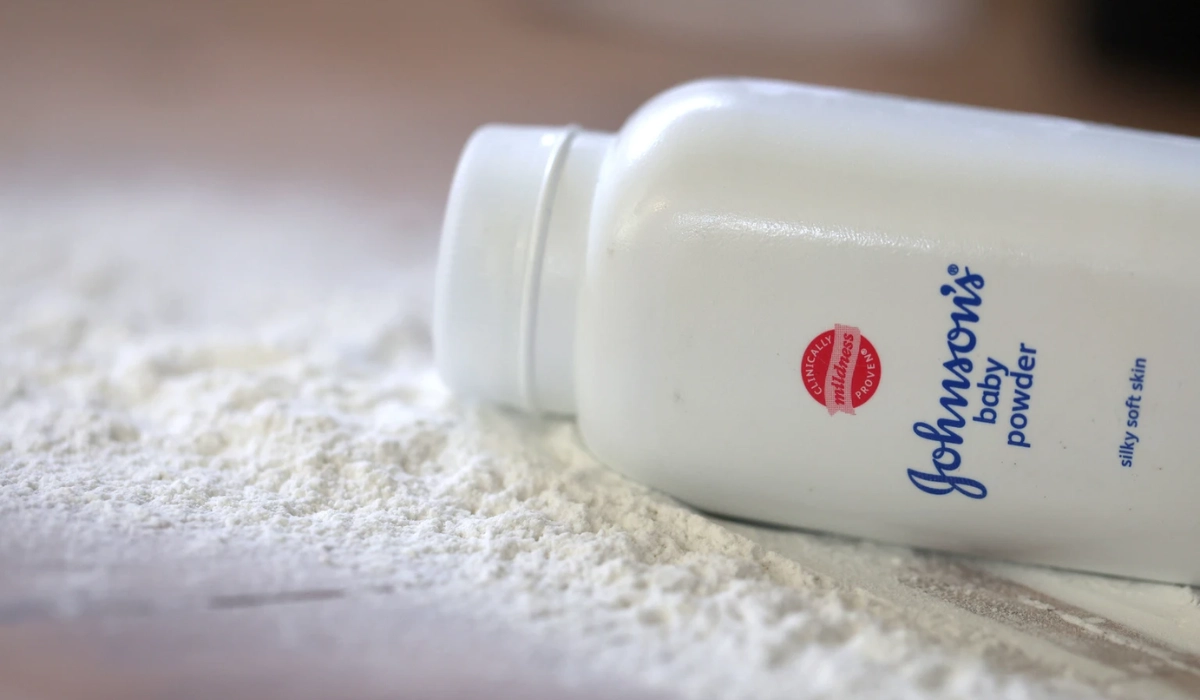Johnson Talcum Powder Lawsuit News: Johnson & Johnson (J&J) is currently at the center of a major legal battle in the UK. A group of over 3,000 people have filed a lawsuit worth more than £1 billion, claiming that their talcum powder—specifically Johnson’s baby powder—caused cancer and health problems. This is one of the biggest cases of its kind in the UK, highlighting rising concerns about product safety and corporate responsibility.
Why Is Johnson & Johnson Being Sued?
The law firm, KP Law is alleging that Johnson's talc products contained carcinogenic substances, which it claims Johnson was aware of and did not warn its customers about. The lawsuit alleges that the contaminated talc, perhaps with asbestos content, caused serious diseases, such as ovarian cancer and mesothelioma. There are now ongoing similar legal issues in the United States, where thousands of lawsuits are ongoing against J&J over similar allegations.
Are Johnson's Products Safe?
Johnson & Johnson has maintained that both its talc products and Johnson’s baby powder, are safe. It specifically states that its talc is regularly tested its talc is and does not contain , it maintains that it's talc does not contain and has never been shown to be, asbestos. However, there are several peer-reviewed scientific studies and peer-reviewed legal cases supporting a possible link between long-term use of talc and the cause of some ovarian cancers. Many brands are now removing talc from their products because of safety concerns and consumer demand for safer alternatives.
Why Are Brands Removing Talc?
Due to concerns surrounding health issues, consumer resistance, and posible liability, manufacturers are beginning to reformulate away from talc. The primary concern revolves around a link between possibly contaminated talc and cancerous outcomes. Many brands now use cornstarch-based powders which are seen as safer and hypo-allergenic alternatives to talc powders. Additionally, some regulatory agencies have urged even stricter testing and disclosure of talc purity.
What Is The Difference Between Talc and Talcum Powder?
Talc is a naturally-occurring mineral, made up primarily of silicone, magnesium, and oxygen. It is the softest mineral found on earth, used in many industrial applications including plastics and ceramics. Talcum powder is a refined and finely milled which has been specifically processed for cosmetic and personal care application - for example baby powder and face powders.
Is Johnson & Johnson Talcum Powder Safe?
While J&J maintain that it's products are safe, stored in the vet of thousands of lawsuits and scientific evidence, it's suggested that there is a risk associated with talcum powder. Additionally, scientific evidence suggests that risk of talcum powder increases with long-term use and in the genital area. As a result, it is worth considering alternatives for talcum powder for the present, such as cornstarch-based powders, until more definitive safety studies are conducted.
Is there a replacement for talcum powder?
Yes, there are more and more brands providing talc-free powders, such as powders made from cornstarch or arrowroot. These alternatives provide similar moisture-absorbing benefits without the health risks associated with talc. This shift is driven by consumer concerns and stricter regulations worldwide.










